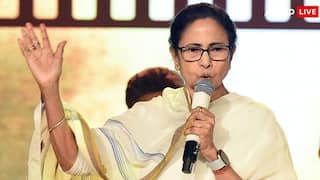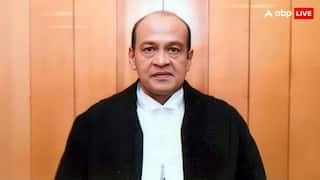Yogi Govt Moves SC Challenging HC Order Allowing Local Polls Without OBC Reservation
Uttar Pradesh govt moves SC challenging Allahabad HC order directing it to hold urban local body elections without OBC reservation.

The Uttar Pradesh government submitted an appeal with the Supreme Court on Thursday, contesting the Allahabad High Court's ruling quashing its draught notice on urban local body elections and ordering the state to run the elections without reservation for the Other Backward Classes, news agency PTI reported.
In its appeal against the December 27 judgement, the state government argues that the high court cannot overturn the December 5 draught notification, which called for OBC quota of seats in municipal body elections in addition to those for Scheduled Castes, Scheduled Tribes, and women.
Uttar Pradesh govt moves SC challenging Allahabad HC order directing it to hold urban local body elections without OBC reservation
— Press Trust of India (@PTI_News) December 29, 2022
According to the state's appeal, filed through lawyer on record Ruchira Goel, Other Backward Classes are a constitutionally protected group, and the high court erred in quashing the draught notification.
The high court's Lucknow bench had directed that the state administration notify the polls "immediately" because the terms of numerous municipalities were set to expire on January 31.
A day after the Allahabad High Court invalidated its draught poll notification, the Uttar Pradesh government appointed the five-member committee on Wednesday.
Justice (retired) Ram Avtar Singh, the panel's chairman, stated on Thursday that it will take six months to complete the reservation draft using the Supreme Court-mandated "triple test" criteria.
"The triple test process will be completed for the reservation of the Other Backward Classes (OBC) as per Supreme Court guidelines on the prescribed procedure. This process will take about six months," Justice (retd) Singh told reporters, PTI reported.
According to the "triple test" formula, a commission must be established to conduct a "rigorous empirical inquiry" into what "backwardness" is in the context of local bodies, specify the percentage of reservation based on the commission's recommendations, and not go over the overall quota limit of 50%.
(With Inputs From PTI)
Related Video
Breaking News: Maharashtra Politics Shifts: Congress Suspensions Boost BJP Ahead of Local Body Polls





































